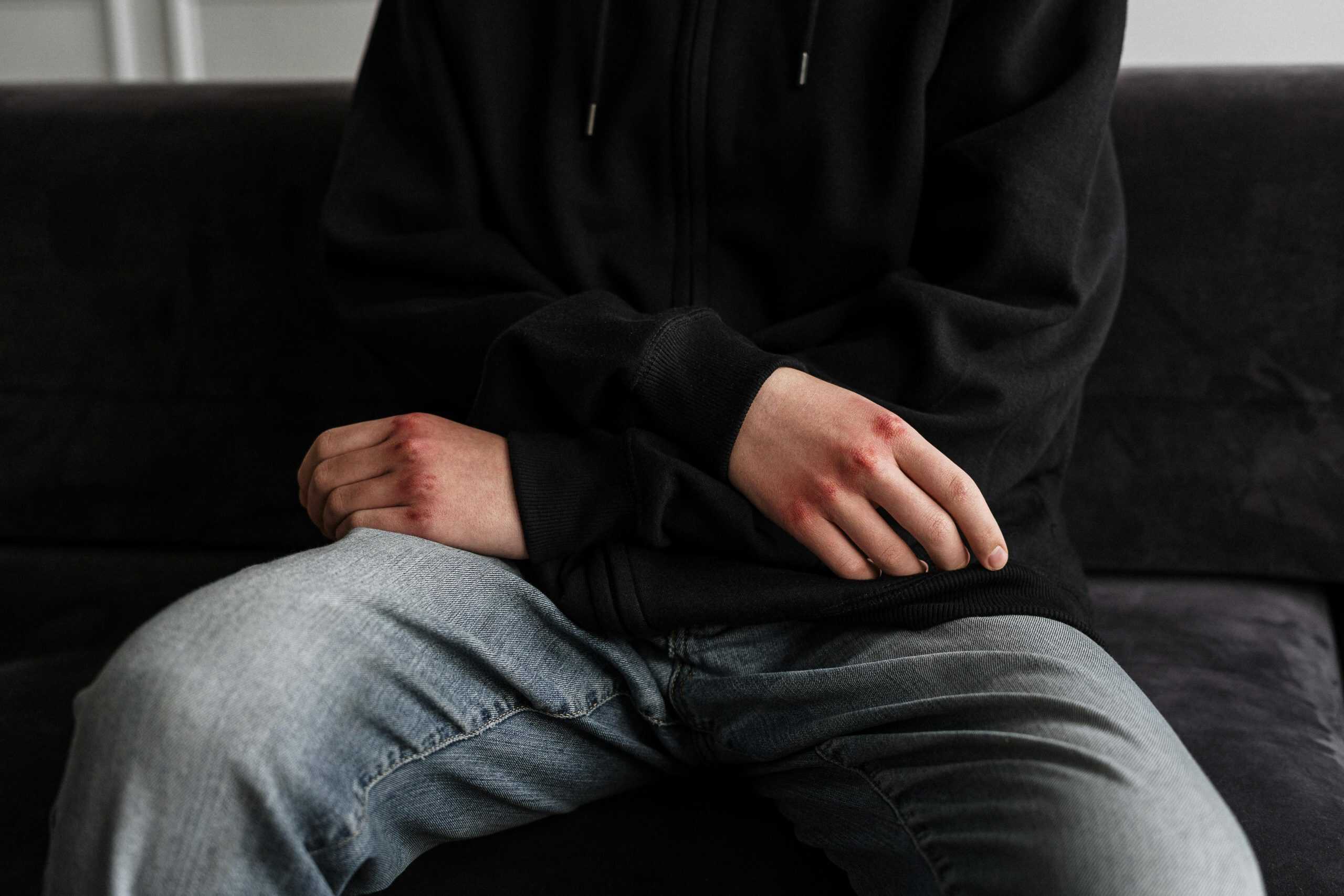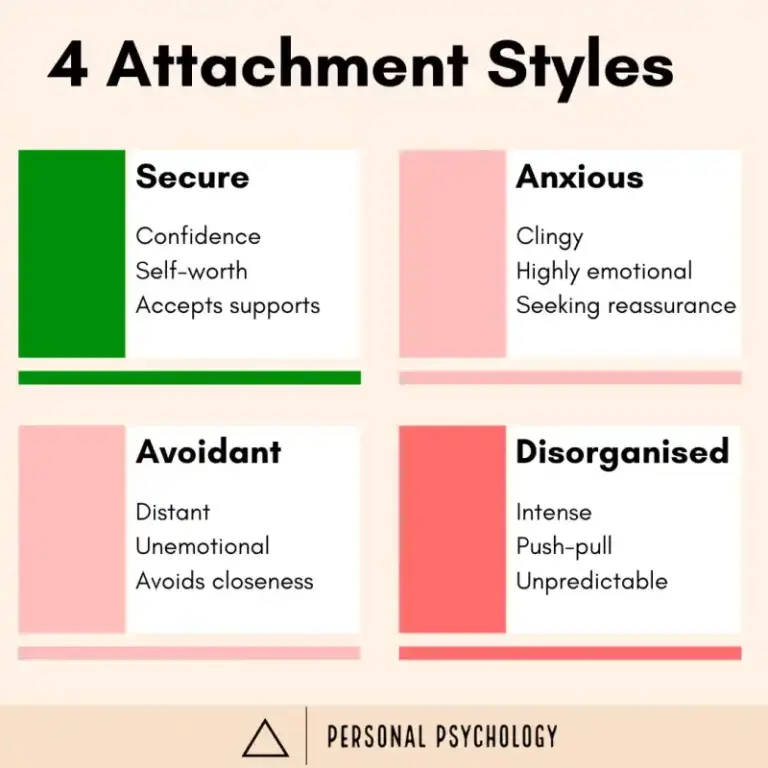Trauma Bonding Explained: What It Means and How to Recognize It
Look, I’m going to be straight with you about something that’s probably been messing with your head for way too long. You know that feeling when you love someone who hurts you? When you find yourself defending the person who’s causing you pain? When everyone around you is scratching their heads, wondering why you don’t “just leave”? Yeah, that’s trauma bonding, and it’s way more complicated than most people realize.
I’ve been writing about relationships for a while, and let me tell you something – this topic hits different because it’s not just theory. It’s real people dealing with real confusion, real pain, and real guilt about feelings they can’t seem to shake.
What Actually Happens in Your Brain During Trauma Bonding
Here’s where it gets wild (and a little scary). Your brain is literally working against you, but not because you’re weak or stupid. It’s actually trying to protect you in the most backwards way possible.
When you’re a baby, you’re completely helpless. Your survival depends on staying close to your caregiver, even if that caregiver isn’t perfect. Your brain learns: “This person feeds me, protects me, keeps me alive. I need them.” That’s normal and healthy.
But here’s where things get twisted. When you’re an adult and your partner becomes both your source of love AND your source of fear, your brain gets confused. It’s like your internal GPS is getting two different signals – “RUN!” and “STAY CLOSE!” – at the same time.
So what does your brain do? It releases oxytocin (the bonding hormone) right alongside stress hormones like cortisol. You’re literally getting a chemical cocktail that bonds you to the person who’s hurting you. It’s not your fault. It’s biology gone haywire.
The Seven Stages Nobody Talks About Honestly
Most articles give you these clinical, sanitized descriptions of trauma bonding stages. But let me break down what actually happens in real life:
Stage 1: The Love Bombing Phase (AKA “This Person Gets Me”)
This isn’t just someone being nice to you. This is someone studying you like you’re their final exam. They’re figuring out exactly what you need to hear, what dreams you’ve given up on, what insecurities keep you up at night. Then they become the answer to all of it.
You’re not dumb for falling for this. You’re human.
Stage 2: Building Trust and Dependency
Remember that feeling of “finally, someone who understands me”? Now they’re becoming your person. Your go-to. Your safe place. Except they’re also quietly becoming your only place.
Maybe you’re spending less time with friends (because your partner needs you). Maybe you’re making fewer decisions alone (because they’re just so good at knowing what’s best). It feels like love, but dependency is being built brick by brick.
Stage 3: The Criticism Creeps In
This one hits like a truck because it comes after all that sweetness. Suddenly, things you do that never bothered them before are problems. Your laugh is too loud. Your friends are bad influences. You’re too sensitive, too needy, too something.
And because you remember how good they made you feel, you think maybe if you just fix these things, you’ll get that feeling back.
Stage 4: Reality Becomes Flexible
Gaslighting sounds like such a clinical term, but what it really means is that you start questioning your own experiences. Did that really happen? Am I remembering it wrong? Am I overreacting?
Your partner becomes the authority on reality, and you become the person who is confused and cannot trust their own memory.
Stage 5: The Fight Goes Out of You
By this point, you’re exhausted. Fighting back takes energy you don’t have. Leaving seems impossible because where would you even go? Who would believe you? Who would want you?
This isn’t giving up. This is survival mode.
Stage 6: Who Were You Before?
You know that person you used to be? The one with opinions and boundaries and dreams? They start feeling like a stranger. You’ve been shape-shifting for so long to avoid conflict that you’ve lost track of your original shape.
Stage 7: Addicted to the Cycle
Here’s the cruelest part: after all the pain, when they show you kindness again, it feels like the best drug in the world. Your brain floods with relief and gratitude and hope. “See? They do love me. It’s going to be okay.”
Except it’s not okay. It’s a cycle designed to keep you hooked.
Breaking Free Isn’t About Being Strong Enough
Let’s kill this myth right now: leaving an abusive relationship isn’t about strength. It’s about circumstances, resources, timing, and a million other factors that have nothing to do with how tough you are.
You know what actually helps? Understanding that your feelings are normal responses to an abnormal situation. Your brain formed these connections as a way to cope with impossible circumstances.
Start With Small Truths
You don’t have to convince yourself you don’t love them. You don’t have to feel ready to leave tomorrow. Start smaller:
- “I love them, but love shouldn’t hurt this much.”
- “Good relationships don’t require me to disappear.”
- “I deserve to feel safe with someone I love.”
Build Your Own Reality Check System
Find one person you trust who knows what’s really happening. Not to convince you to leave (though they might want to), but to help you remember that your perceptions are valid when everything feels upside down.
Practice Micro Self-Care
Forget the bubble baths and face masks. I’m talking about tiny acts of rebellion: listening to a song they hate, eating food they don’t like, calling a friend they don’t approve of. These aren’t petty acts – they’re exercises in remembering who you are.
The Hard Truth About Trauma Bonding and Recovery
Recovery from trauma bonding isn’t linear. You might have days where you feel strong and clear, followed by days where you miss them so much it physically hurts. That’s not failure – that’s your nervous system learning a new way to exist.
Your brain has formed these pathways over time, and it will take time to form new ones. Be patient with yourself in ways you probably weren’t allowed to be patient in that relationship.
Some days you’ll feel angry at yourself for “letting” this happen. Other days, you’ll feel angry at them for doing this to you. Both feelings are valid, and neither one has to last forever.
When People Don’t Understand
“Why don’t you just leave?” might be the most unhelpful question in the universe, but people are going to ask it. They’re not trying to hurt you – they just don’t understand that trauma bonding isn’t a logical process.
You don’t owe anyone an explanation for why you stayed, why you’re leaving now, or why you’re not ready to leave yet. Your timeline is your timeline.
The Science of Healing
Here’s what gives me hope: your brain is incredibly adaptable. The same neuroplasticity that allowed trauma bonding to form can also help you heal from it.
Every time you validate your own experience instead of dismissing it, you’re rewiring your brain. Every time you show yourself compassion instead of criticism, you’re teaching your nervous system that safety is possible.
Every time you choose to trust your instincts instead of second-guessing them, you’re rebuilding your relationship with yourself.
Moving Forward Without Moving On
You don’t have to “get over” trauma bonding like it was a bad cold. This experience taught you things about yourself and relationships that might actually serve you well in the future – like knowing what red flags look like, understanding the importance of maintaining your identity in relationships, and recognizing your own strength.
The goal isn’t to pretend it never happened. The goal is to integrate the experience in a way that empowers rather than diminishes you.
Your Next Step
If you’re reading this and thinking, “This sounds like my relationship,” please know that recognition is actually a huge step. Many people in trauma-bonded relationships can’t even see it clearly enough to research it.
You don’t have to make any big decisions right now. You don’t have to leave tomorrow or even next month. But maybe you can start with one small act of self-preservation. Maybe you can reach out to one friend you’ve lost touch with. Maybe you can start writing in a journal that only you see.
Trauma bonding is real, it’s powerful, and it’s not your fault. But with understanding, support, and time, it’s also something you can overcome.
You deserve a love that doesn’t require you to disappear. You deserve a relationship where you can be your full, imperfect, complicated self. And despite what your trauma-bonded brain might tell you, that kind of love is absolutely possible for you.







